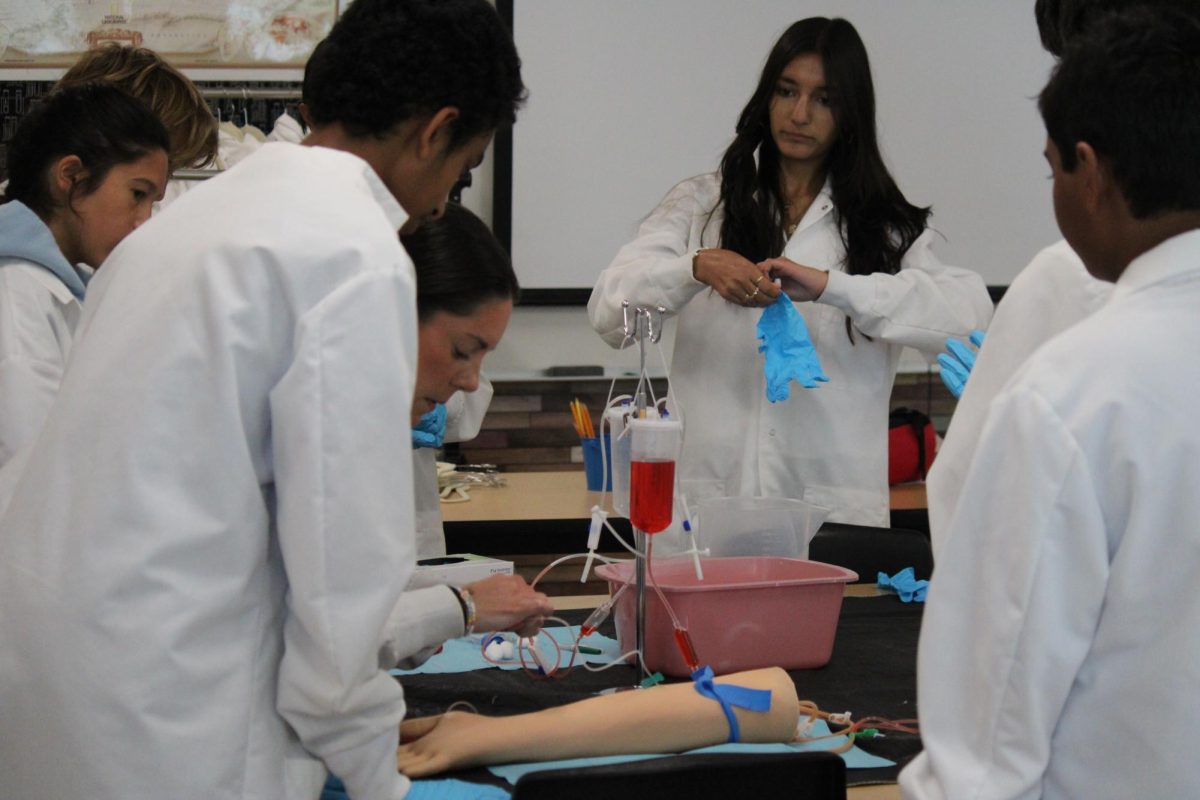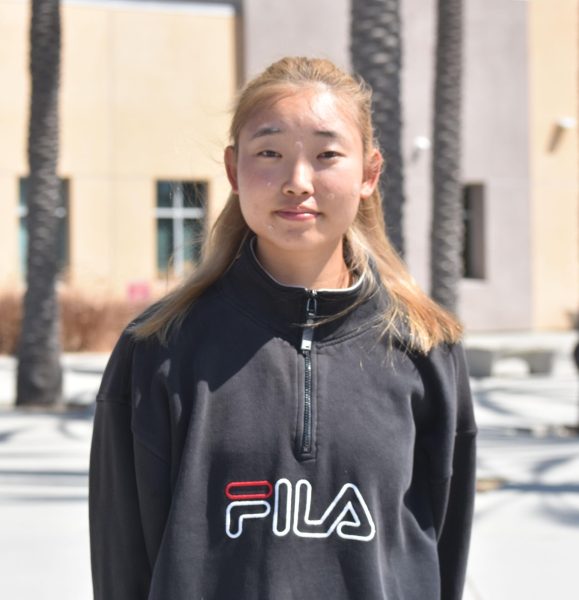With the popularization of AI resources, such as ChatGPT, Grammarly, and Character.ai, many of these tools have found their way into the classrooms.
PUSD’s Director of Educational Technology Amy Fousek is in charge of overseeing the implementation and integration of technology in an ethical and productive manner within the school district, said that digital citizenship has become a focal point of PUSD to teach its students.
“Last year, we had a digital citizenship initiative set by the district, and we had over 30 of our schools become Common-Sense-recognized with regards to achieving digital citizenship recognition,” Fousek said.
A school becomes Common-Sense recognized after it shows its commitment to teaching digital citizenship to students. Digital citizenship is the students’ ability to use technology responsibly, and understand the responsibilities that come with using technology in school.
This year, Fousek said that the district is looking to further education about AI and technology use in school.
“This year, we are continuing with that pathway, and we’re asking that all students across PUSD receive at least three explicit lessons around digital citizenship,” Fousek said. “[This new pathway] will [be looking] at privacy, recognizing bias, and [diving] into AI literacy.”
To align with developments in the real world, PUSD’s Director of Information Technology Ken Wall said that there have been changes made to board policies on academic honesty.
“[The board policies] have been modified to make sure that they include language around usage of AI for cheating, and for any other sort of academic dishonesty,” Wall said.
According to Wall, there has been no big push from the PUSD public regarding misuse of AI. Though there are many ways schools and students have been utilizing AI tools, Wall’s and Fousek’s departments are looking not to restrict the use of AI, but to integrate it safely so that there will continue to be no big push.
“Our goal is to not ignore the world around us, but figure out how we can embrace it and prepare students, teachers, and families to make sure they have the tools and knowledge they need to safely use these tools and continue being honest students,” Fousek said. “But, blocking and ignoring is not our policy.”
Currently, PUSD offers professional development for teachers to ensure that students will be able to fully embrace the rapidly evolving technology around them. They are able to participate in what are called Teaching and Learning Cooperatives (TLCs).
“We have three different AI courses for teachers to go through to help them understand how AI works, and how they can leverage it for efficiency and enhance student learning,” Fousek said.
On professional development days, people from Fousek’s department connect with different school sites to offer training for teachers. Most of these training sessions are focused on data privacy.
“We are looking to see that any [AI] products [teachers] are using with students have a data privacy agreement in place so that we know their data and privacy are protected,” Fousek said. “The TLCs also has teachers recognize bias, hallucinations, and the ins and outs of AI.”
Because AI can be complicated to navigate and fully understand, Fousek said that PUSD is developing a comprehensive AI guidebook for students, parents and teachers.
“[The first component] is the digital citizenship aspect of AI,” Fousek said. “This section will explain AI; what’s important and what it is exactly. [The guidebook will explain the] foundational skills that our students need to have so they can leverage this as a learning tool.”
In reference to writing, the guidebook in its entirety will help students understand the difference between utilizing AI to fully write their essays versus using it for inspiration..
Fousek said that AI is a powerful tool, and that, if used correctly, can be very beneficial to enhance students’ learning.
“We see it not replacing, but enhancing everything that we are already doing,” Wall said. “I see AI being powerful for everyone in all types of roles.”





![Jolie Baylon (12), Stella Phelan (12), Danica Reed (11), and Julianne Diaz (11) [left to right] stunt with clinic participants at halftime, Sept. 5. Sixty elementary- and middle-schoolers performed.](https://wvnexus.org/wp-content/uploads/2025/09/IMG_1948-800x1200.png)
